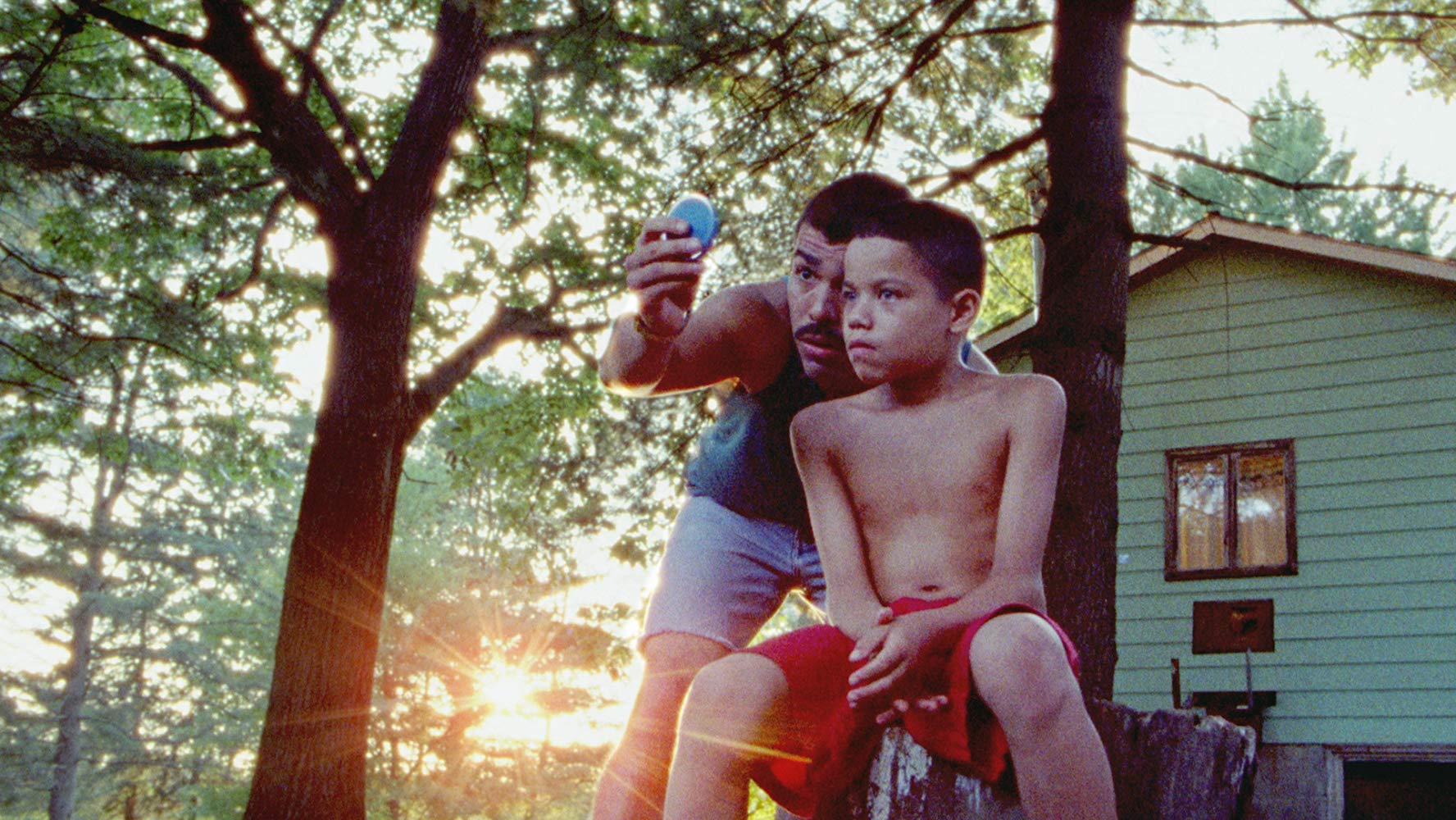When he read We the Animals, Jeremiah Zagar felt a connection deeper than typical bond between reader and characters.
The New York filmmaker comes from an eccentric and troubled family life, which he chronicled in a documentary a decade ago. And he found the semiautobiographical 2011 novel by Justin Torres — about three young siblings trying to find an emotional escape from their volatile Bohemian parents — stirred up some of those same feelings.
So Zagar, the son of a Philadelphia outsider mosaic artist, decided to make We the Animals his narrative feature debut, with the goal of staying true to Torres’ story while incorporating his own abstract vision.
“I come from a family that lives in extremes. It’s a messy, complicated kind of love that resonated deeply with me,” Zagar said by phone. “I knew how to translate the book to the screen. I felt a kinship to the style. I could see the images in my mind and feel the editorial pace.”
Specifically, the offbeat portrait of adolescent angst follows a biracial family living almost off the grid in upstate New York. Jonah (Evan Rosado) is the youngest of three prepubescent brothers struggling to cope with socioeconomic strife and their parents’ abusive relationship. Although the siblings are close, as reflected in their shared mischief, Jonah finds himself especially conflicted about issues of faith and sexuality.
Zagar said Torres became a close collaborator and confidant as a resource on set and in the editing room. He approached the material as a “fever dream,” eschewing digital cameras in favor of shooting on 16-millimeter film. Even the soundtrack will have a limited-edition vinyl release.
“I wanted to make a movie that felt like you could reach into the screen and touch it,” Zagar said. “Everything is tangible, and it gives you that feeling of how I’d like to see the world.”
Although he felt like he had a handle on the narrative density of the source material, Zagar decided late in the process to infuse the gritty visuals with hand-drawn animation. He worked with an illustrator to develop a unique style, resulting in tens of thousands of drawings both playful and haunting.
“We were halfway through the edit, and we felt that we couldn’t access the interior life of this young man’s life well enough,” Zagar said. “We needed a tool to get into his head. The animation became that tool.”
Zagar saw about 1,000 youngsters during an exhaustive 18-month casting process, then brought in an acting coach to help the trio of newcomers interpret the darker emotional material. He even had them live together and sleep in the same room to develop an appropriate chemistry.
“By the time that we were on set, they were all very close. They all acted like brothers,” he said. “They stuck together and took care of each other, and supported each other throughout the process. The kids felt very empowered, and that was vital.”
Even if the story is very specific, Zagar hopes We the Animals can connect with a broader audience in a universal way, like how he reacted to the book. And he feels the current sociopolitical climate will support that.
“Today, as any marginalized community feels really under attack, the film is so vital,” Zagar said. “We need to see intimate stories of perseverance from people who are seen as ‘other’ in our society. It is an act of resistance just watching and relating to it. People in America want to see that right now.”






